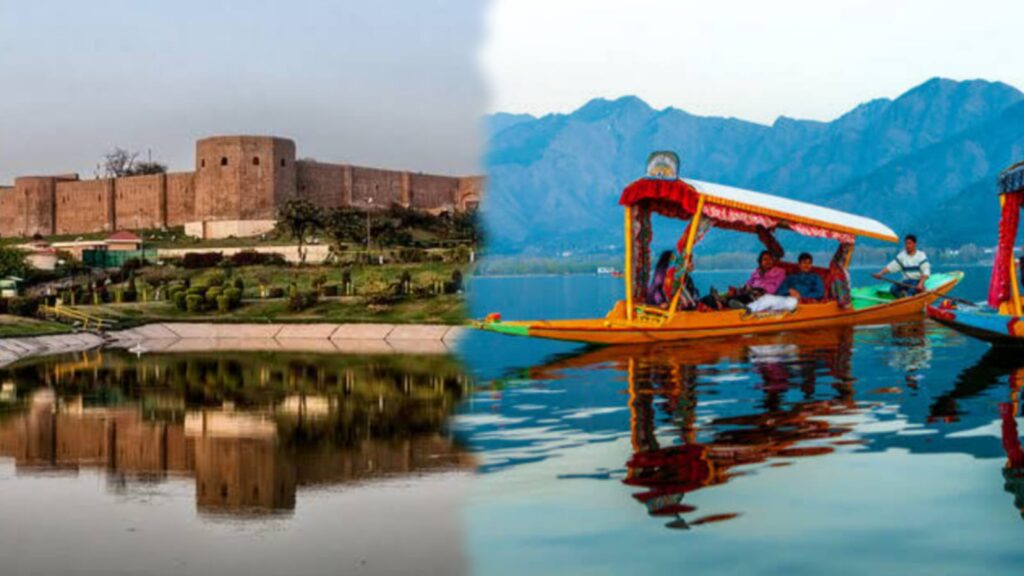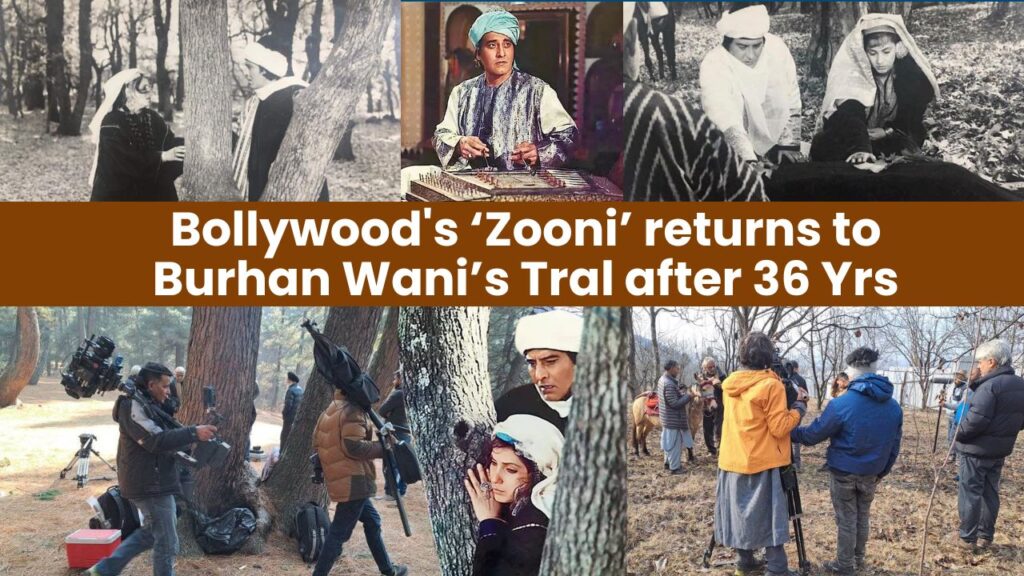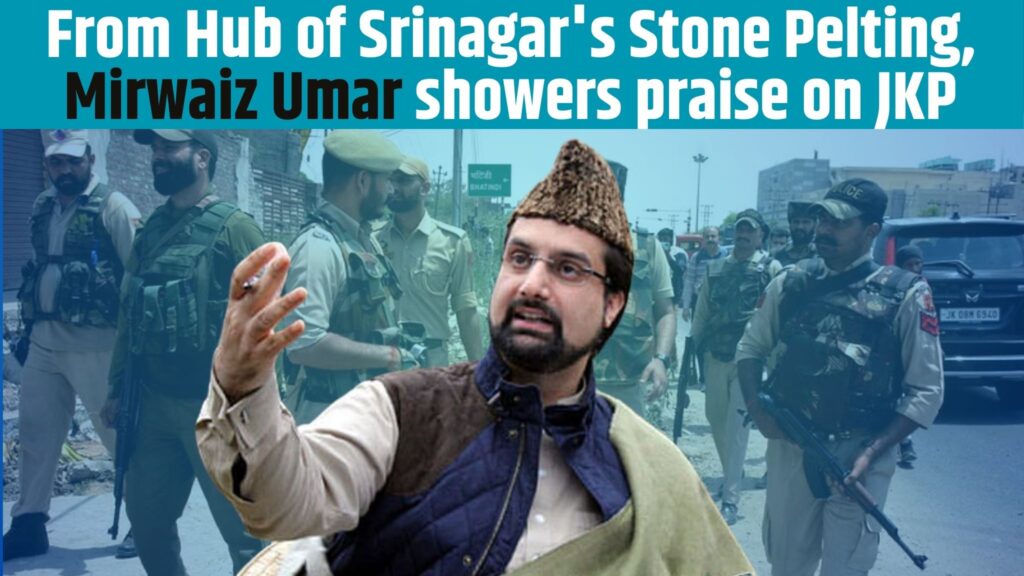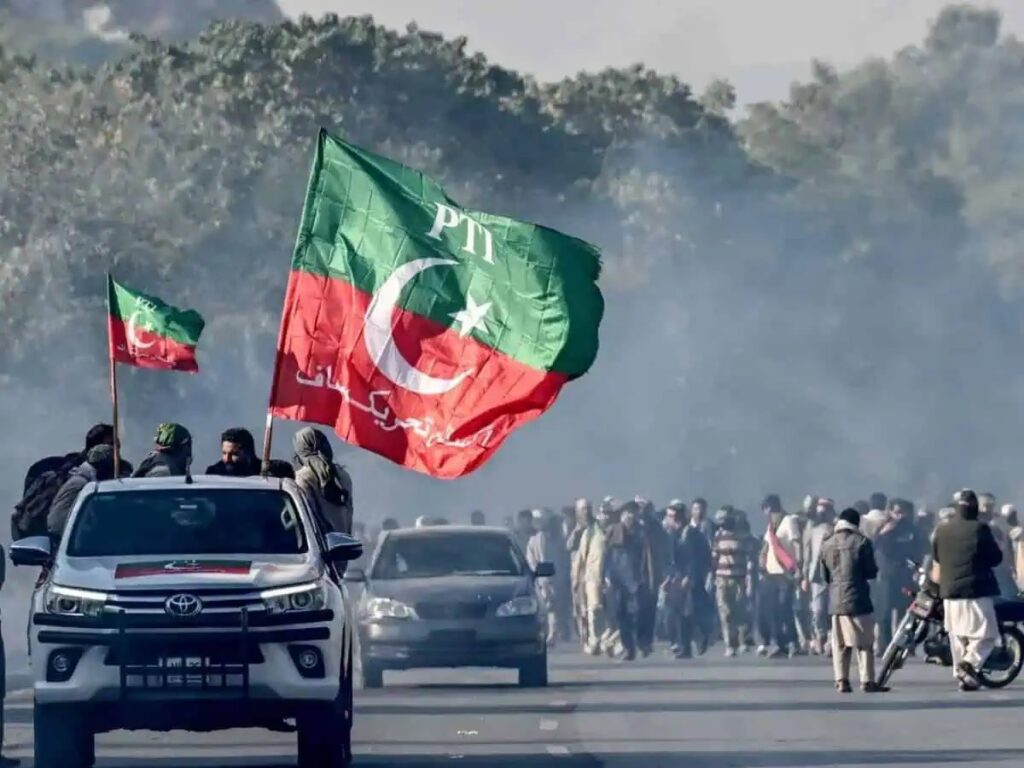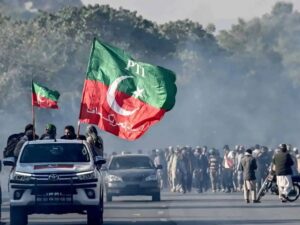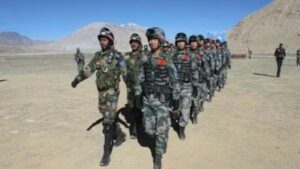On August 5, 2019, the Government of India (GoI) repealed Article 370, a constitutional provision that accorded Jammu and Kashmir (J&K) special status. Many Indians hailed this move as a watershed moment in J&K’s full absorption into the Indian Union. Many J&K inhabitants, however, saw it as a deep betrayal, depriving them of their rights and dignity and converting their once-proud state to a Union Territory (UT).
The Historical Context is that Jammu and Kashmir has long been considered as India’s “sartaj,” or crown. Even after independence in 1947, there was no dispute about its assimilation with India. Separatist views existed, but they did not represent the majority. Every culture has its share of dissenters, and J&K was no exception. However, while the Modi-Shah regime’s choice to repeal Article 370 was politically sound, it has seriously disturbed the region’s socio-political fabric.
The Immediate Effects of Abrogation
This decision resulted in a chaotic situation. The installation of draconian restrictions, communication blackouts, and a large military presence made inhabitants feel like captives in their own country. The loss of statehood and the relegation of Jammu and Kashmir to a union territory was unprecedented in independent India. While states such as Andhra Pradesh and Telangana were founded from a single state, no state has ever been demoted to a UT, depriving it of legislative autonomy and administrative authority.
For the average citizen of Jammu and Kashmir, this was more than a political loss; it was an insult to their identity and nationality. The inhabitants of Jammu and Kashmir, notably the Dogras of Jammu, have long been proud Indians. The Dogra community, noted for its bravery and warrior spirit, has a long history of defending their country from unfriendly neighbours. However, the repealing of Article 370 made them feel like second-class citizens in their own nation.
The Broken Promise of Statehood
Over the last five years, the promise of regaining sovereignty has proven elusive. Even if it is eventually granted, the restrictions and conditions will probably make it more like a UT than a full-fledged state.This would be another blow to Kashmir residents’ dignity, who believe they have been treated unfairly. The transition from state to UT had a significant influence on the ground. The locals feel disenfranchised because the central government has direct influence over the area. Local leaders in Jammu and Kashmir have been accused of failing to properly represent the people’s interests.
Many claim that these politicians have abandoned their convictions for political survival, donning symbolic white kurtas while neglecting their voters’ legitimate issues. However, educated and peaceful citizens of Jammu and Kashmir must fight for their rights and dignity. We understand that abrogation of article 370 was a political decision and as such 370 had lost its relevance and needed to go at some point, so no dispute there. But we didn’t deserve to be demoted to a UT. We further understand that after such a big decision there had to be certain uncertainty and to control the situation the center needed full control. But now after five years we deserve nothing less than a full State.
The Historical Loyalty of J&K
The people of J&K have always considered themselves proud Indians, long before 1947. The Dogras of Jammu, in particular, have a storied history of bravery and patriotism. Their blood has not lost its vigor; they have simply not needed to assert themselves because they were confident in their place within the Indian Union. However, recent occurrences have shattered that confidence, and it is time for the people of Jammu and Kashmir to establish their rightful claim to statehood. The larger Indian population must also consider this issue. Kashmiris are a vital part of India, and the Dogra community, also known as Punjabis or Kashmiri Hindus, is a proud and gallant tribe. We have always fought for the Nation and please don’t belittle our sacrifices so much so that we have to beg for our right for Statehood. We at least deserve our pride though each one of us owes our existence and identity to this Grand Nation but our self identity should not be diluted and disputed.
The Need for a Just Resolution
To summarize, the removal of Article 370 and the conversion of Jammu and Kashmir to a UT have badly affected the inhabitants’ pride. The promise of statehood remains a mere illusion till we have elections on the ground and a popular government is installed at the helm in the New State of Jammu & Kashmir. Till it happens the people of the UT will have to live and make peace with their plight.

